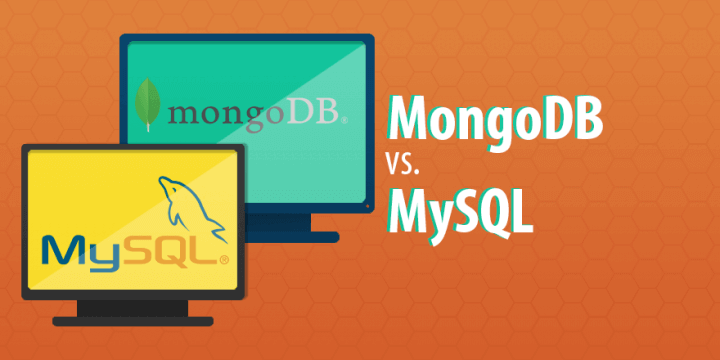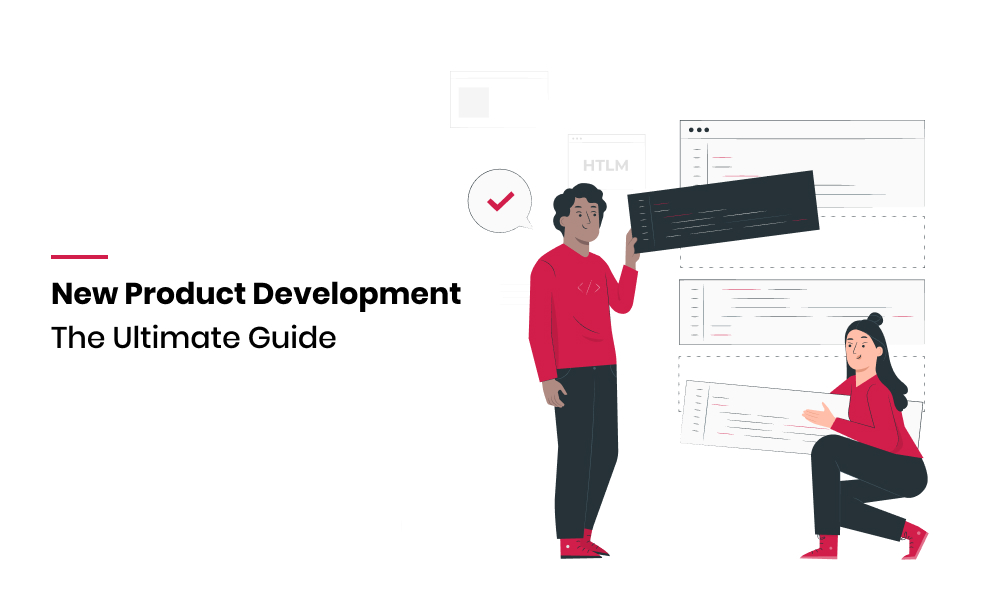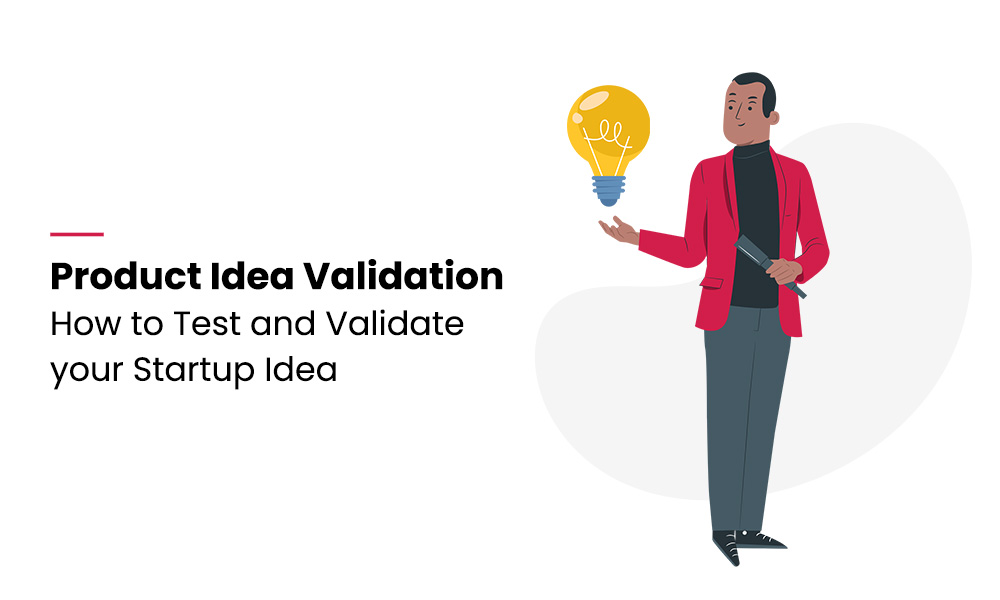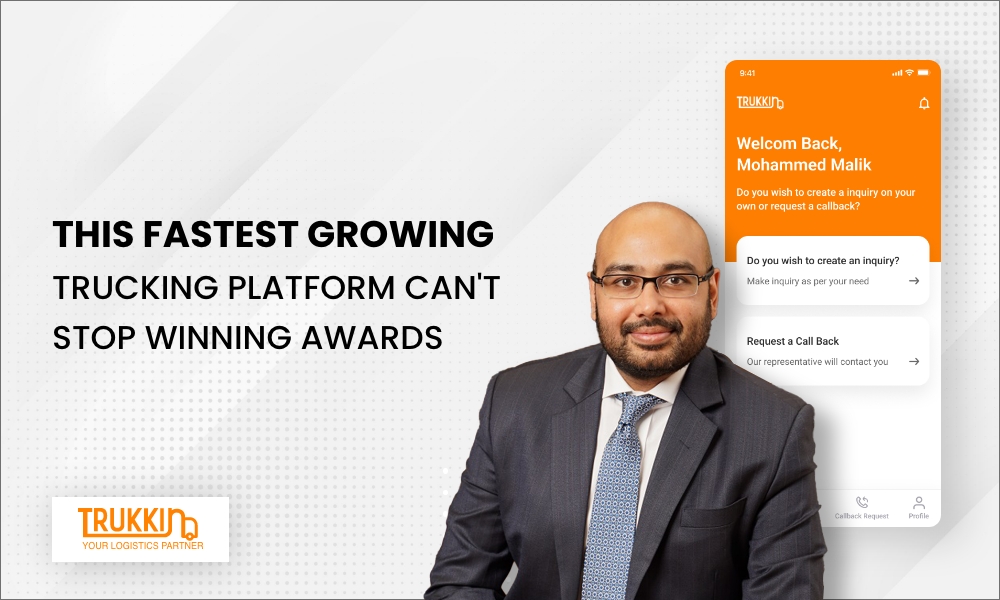Everything on the internet runs on data. Online or Offline applications need data and data needs a warehouse for storage popularly known as Database. The database, however, needs to be smart to ensure that the data needed by the application is made available in as minimal time as possible. The database ensures that data can be stored, accessed, modified, added and deleted at will, in as little time as possible while maintaining the security of the data involved.
There are many types of databases available today, however, Relational Databases are possibly the most well-known and oldest types of databases. For decades, relational databases have been handling enterprise application data.
Although expensive to license and use initially, the advent of the Open Source revolution provided smaller players and application developers access to many popular and inexpensive options like MySQL. Since the mid-1990s MySQL has been a very popular and inexpensive option to manage data for small and large businesses alike.
Enterprises have been constantly thinking about ways to store and manage their data better – helping them adapt to changes in the marketplace quicker or to serve the needs of certain applications in a more efficient way.
As data types changed, structured, semi-structured and polymorphic data started making inroads to conventional data models as it was the data generated and consumed by mobile, social and applications based on the Internet of Things. This gave rise to non-tabular databases. These NoSQL databases like MongoDB gave developers the ability to exploit computers and store on-demand.
What is MySQL?
MySQL is a well-known open-source RDBMS(Relational Database Management System) developed, distributed and supported by Oracle Corporation. Just like other RDBMS, MySQL stores data in tables and uses structured query language (SQL) for database access.
In MySQL, you define your database schema beforehand based on your requirements and set up rules to govern the relationships between fields in your tables. Any changes to the schema require a migration procedure that can temporarily take the database offline or significantly affect application performance.
What is MongoDB?
MongoDB is an open-source, non-relational (NoSQL) database developed by MongoDB, Inc. MongoDB stores data as documents in a binary representation called BSON (Binary JSON). Any related information is stored together for quick access using the MongoDB query language.
In MongoDB, fields can vary from document to document as there is no need to declare the structure of documents to the system. Documents are self-describing.
So, if a new field needs to be added to a document, that field can be created without impacting all other documents in the collection, without the need to update a central system catalog or taking the system offline. Also, schema validation can be used to enforce data governance controls over each collection.
When do we use MongoDB?
For applications that use and require real-time analytics, content management and applications based on the Internet of Things, MongoDB appears to be a better fit.
MongoDB Mobile joins your data to the power of the document model for your mobile and IoT devices. With localized access to your data and the power of the full MongoDB query language, your apps run faster and keep on running – even when disconnected from the network.
Some of the advantages of MongoDB are:
1. No need to define the schema during the design phase
2. Use documents to store unstructured data that is easier to update and retrieve
3. The database schema is unstable but the database is growing
4. No need for database administrators
When do we use MySQL?
For applications that require high availability, security and support complex queries to search for relational data whose structure will not change over time, MySQL is the obvious choice for any application that will benefit from its pre-defined structure and pre-set schemas for data integrity. For example, an application that requires multi-row transactions – like an accounting system or systems that monitor inventory – or that run on legacy systems will thrive with the MySQL structure.
The advantages of MySQL are:
1. Reliability
2. Data integrity and security built into the database instead of relying on the application rules
3. The simplistic way of representing a data/business model
4. Easy to use query language (SQL)
How do we choose?
The MySQL vs. MongoDB argument is an age-old relational vs. NoSQL argument. Each database type excels in certain scenarios and is not so well-suited for others. And because of their very different structures, each contains features not found in the other.
We at Volumetree understand that choosing the right database is imperative for the performance of your app. We know that choosing one over the other is a difficult task, which is why our product experts are here to help you in every step of the way. Our team of extremely experienced database experts is well versed in each type and their nuances. We will assess the pros and cons of each system for you and explain why we will suggest choosing one over the other.







Pectins, such as beta pectin, are a group of polysaccharides composed primarily of D galacturonic acid, which is methoxylated to variable degrees commander levitra original
Pingback: edible mushroom texas
Pingback: แทงมวยออนไลน์
Pingback: faw99 สล็อต
Pingback: micro mini step
mail order pharmacy india https://indiaph24.store/# best india pharmacy
indian pharmacy online